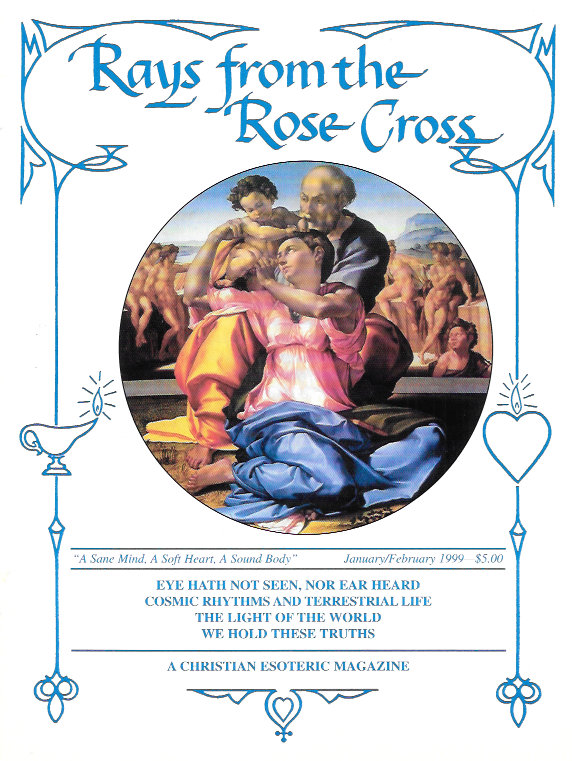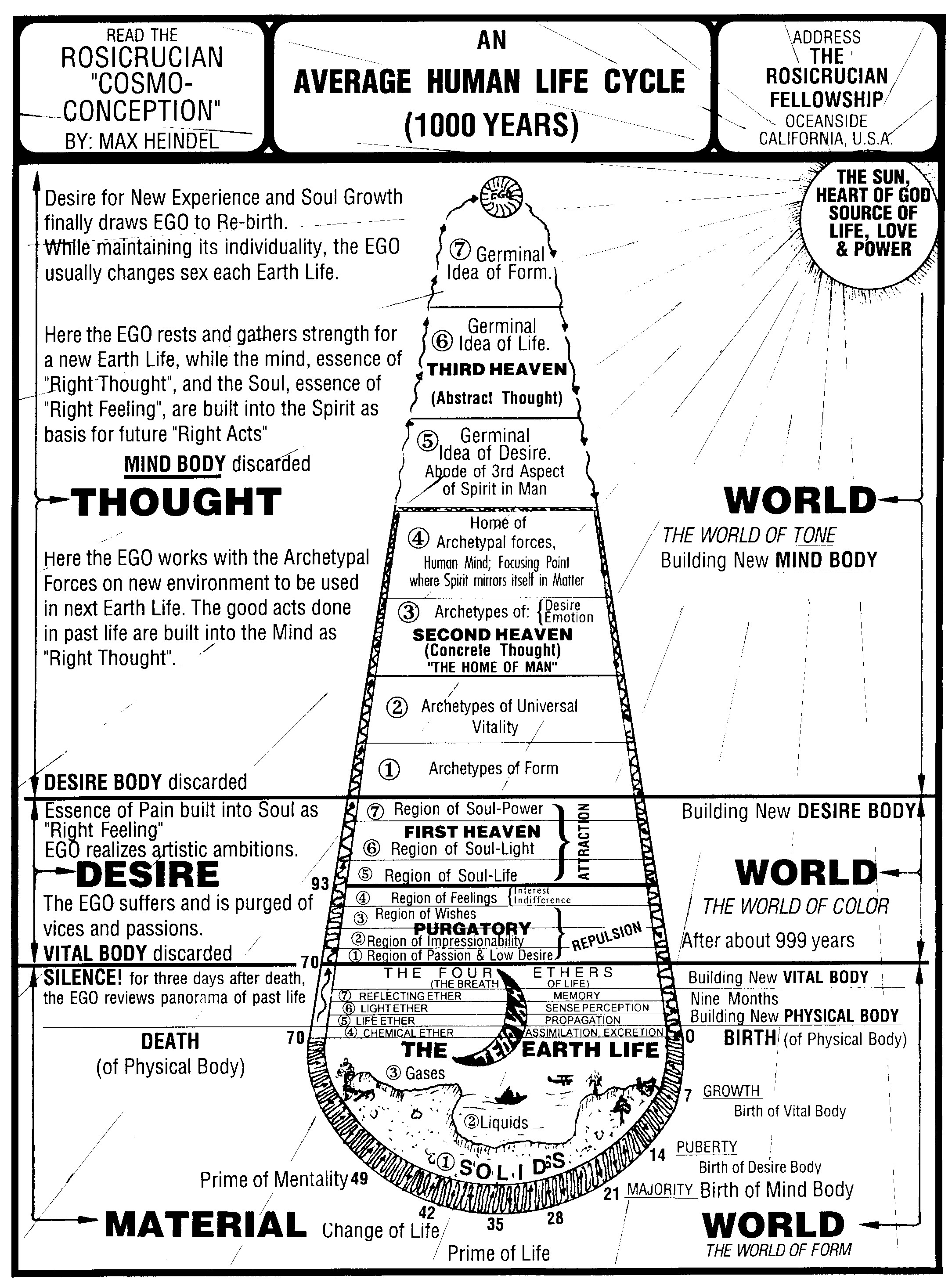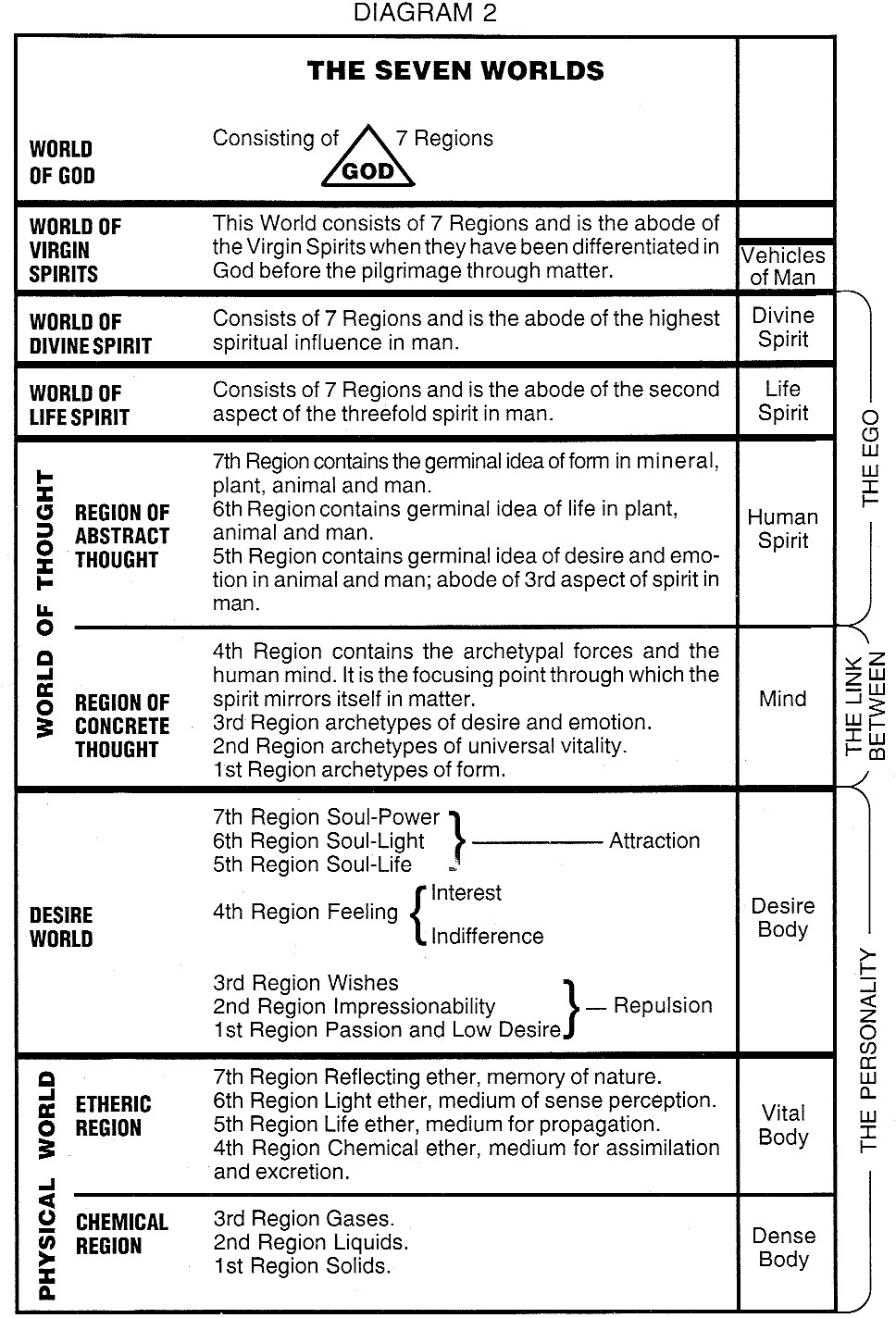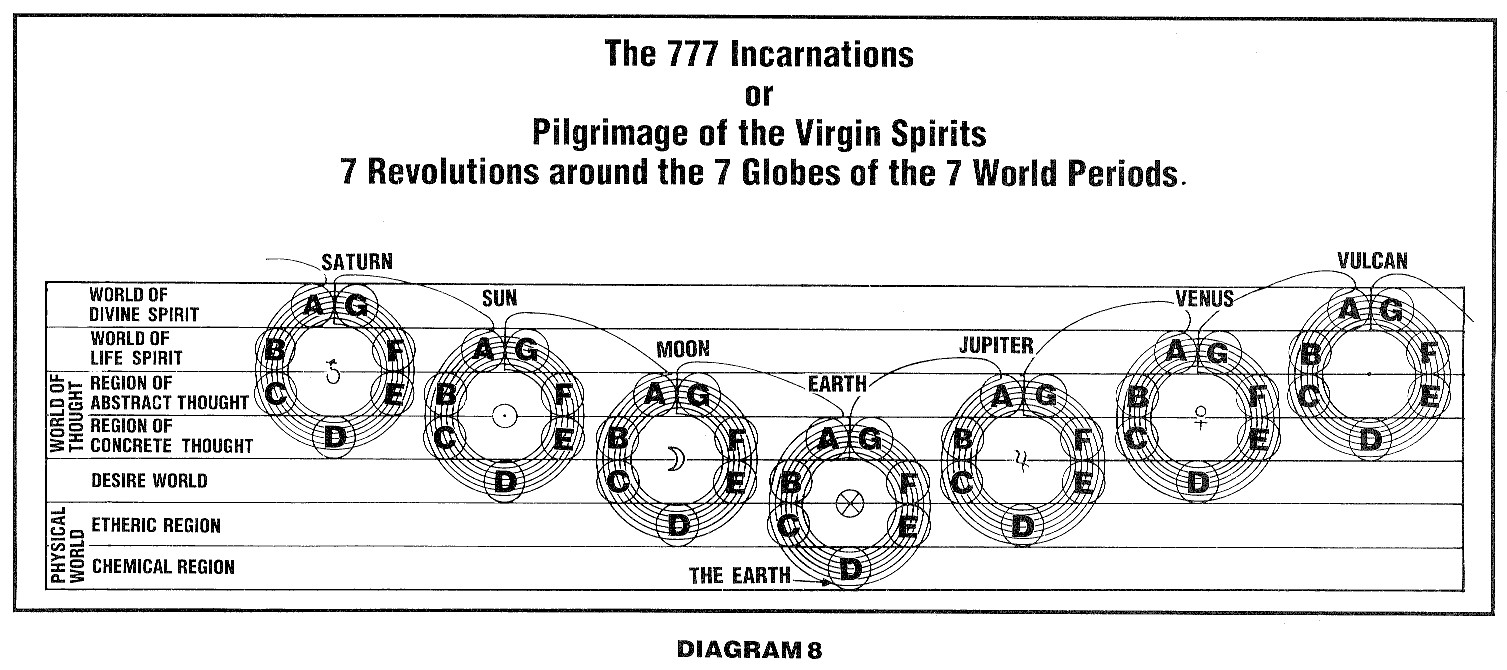
| rosicrucianU.com | ||
| Simplified Scientific Christianity |

Question: What are the tests of initiation, which it is said the candidate must pass before he or she is initiated? (Vol. II, #68)
Answer: The candidate for initiation very often does not know that he or she is a candidate. Usually he is simply living the spiritual life of service to his fellow men because that is the only life that appeals to him, and he has no ulterior thought or object in so doing. But, nevertheless, he is being tested and tried all the time unconsciously to himself for that is part of the process. No candidate is ever taken into an initiation chamber and tried and tested. The tests come in the daily life and in the small things which are seemingly very unimportant, but really are of prime significance. If a man cannot be faithful in little things, how could he ever be expected to be faithful in the great? Furthermore, the Elder Brothers of humanity who have charge of this work with respect to their younger brothers, are always sure to pick out his most vulnerable point, because if he is tried, tempted, and falls, this serves to call his attention to the weakness in his character. Thus he has an opportunity of correcting it which he would not have if temptation were not placed before him.
Thus the tests are not wholly made for the purpose of seeing whether he would keep the trust, but also for the purpose of giving him the chance to strengthen his weak points. The tests are therefore never the same in the case of any two candidates, for what would be a temptation to one would pass the other absolutely without making any impression upon whatever. By the life of unselfish service, and through the strength gained by passing the various tests, the candidate weaves the golden wedding garment of the soul body which prepares him to enter the invisible worlds and the process of initiation consists then in simply showing him how to make use of the power which he has accumulated within himself by his own work. No one can initiate anyone else unless he has the power within, any more than an empty shell can be exploded.
Question: How can an Initiate create a new adult body ready to wear before he relinquishes his old one? (Vol. II #69)
Answer: You will understand in the first place that it is not everyone who has just become aware of the invisible worlds and perhaps learned to function in the soul body that is capable of performing this feat. This requires vastly more spiritual development, and only those who are very highly developed at our present time are able to perform the feat. However, the method is said to be as follows:
When food is taken into the body of anyone, be he Adept or ignoramus, the law of assimilation is that he must first overcome each particle and conform it to himself. He must subdue and conquer the individual cell life before it can become part of his body. When this has been done, the cell will stay with him for a longer or shorter time according to the constitution and the place in evolution of the life that dwells within it. The cell composed of tissue that has once been incorporated in an animal body and has been interpenetrated by a desire body has the most evolved life. Therefore, this life quickly reasserts itself and leaves the body into which it has been assimilated.
Hence one who lives upon a flesh diet must replenish his food supply very often. Such material would therefore be unsuitable for the purpose of building a body that has to wait for a while before the Adept enters it. Food consisting of vegetables, fruits, and nuts, particularly when these are ripe and fresh, is interpenetrated by a great deal of the ether which composes the vital (etheric) body of the plant. They are much easier to subdue and incorporate into the polity of body. Also, they stay longer there before the individual cell life asserts itself. Therefore the Adept who wishes to build a body ready to wear before he leaves the old one, naturally builds it from fresh vegetables, fruits, and nuts, taking them into the body which he uses daily where they become subjected to his will—a part of himself.
The soul body of such a man is naturally very large and very powerful. He takes a part of it, and makes a mold or a matrix into which he may build each day particles superfluous to the nourishment of the body he is using. Thus by degrees, having assimilated a considerable surplus of new material, he may also draw upon the vehicle he is wearing for material that can be incorporated into the new body. Thus, in the course of time he gradually transmutes one body into the other. When the point is reached where emaciation of the old body would be observed by the outside world and cause comment, he will have balanced natters so that the new body is ready to wear. He can step out of the old and into the new. But he does not do that merely for the purpose of living on in the same community. It is possible for him by reason of his great knowledge to use the same body for many years in such a manner that it would seem still young, for there is no wear and tear upon it such as we ordinary mortals cause by our passions, emotions, and desires. However, when he does create a new body, it is always, as far as the writer (Max Heindel) knows, for the purpose of leaving that environment and taking up his work anew.
It is for reason of this fact that we hear in history of men like Cagliostro, St. Germain, and others who one day appeared in a certain environment, took up an important work, and then disappeared. Nobody knew whence they had come or whither they had gone, but everyone who knew these people was ready to testify to their remarkable qualities, whether for the purpose of villification or praise.
It is taught by the Elder Brothers that Christian Rosenkreuz has a physical body, or perhaps he has had a series of bodies which he has worn continually since the Order of the Rose Cross was founded in the Fourteenth Century. But though the writer has spoken to Lay Brothers of high degree, none has ever admitted that he has seen Christian Rosenkreuz. We all understand that he is the thirteenth member of the Order, and he is felt at meeting in the temple as a presence, but is neither seen or heard, so far as anyone whom the writer had dared to question, knows.
The manner of the Elder Brothers when speaking of their illustrious head has been one of reticence, and it would seem undue inquisitiveness to ask anything further than they are prepared to tell. It is known, however, that his work is with the government of the world. And though we are unable to point to any character on the world stage now who may be this great Spirit we are certain he is there and taking his proper part. It has been said that he wore the garment of a lady of the French Court prior to the revolution and worked hard and earnestly to prevent that impending catastrophe, though without success. Although we believe this is true, it is mere hearsay. Were we to point him out at the present time we should rather look for him as the power behind the throne somewhere rather than the actual incumbent of one of the seats of power in the world today.
— This article was adapted from "The Rosicrucian Philosophy in Questions and Answers, Vol. II," by Max Heindel.

|

|

|
|
|
Contemporary Mystic Christianity |
|
|
This web page has been edited and/or excerpted from reference material, has been modified from its original version, and is in conformance with the web host's Members Terms & Conditions. This website is offered to the public by students of The Rosicrucian Teachings, and has no official affiliation with any organization. | Mobile Version | |
|